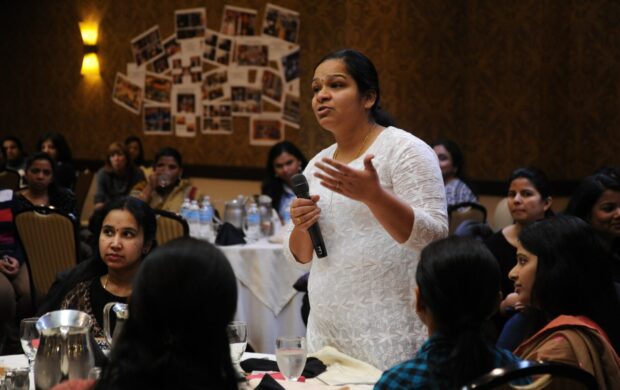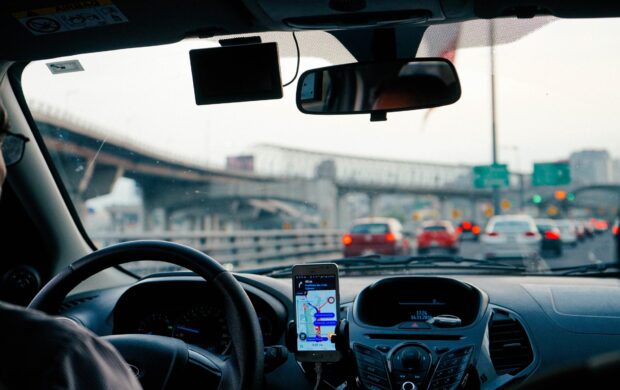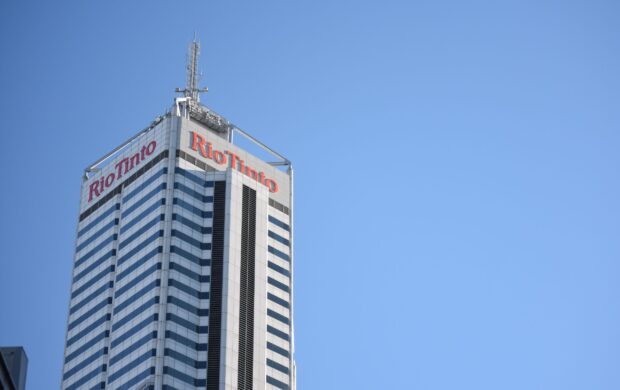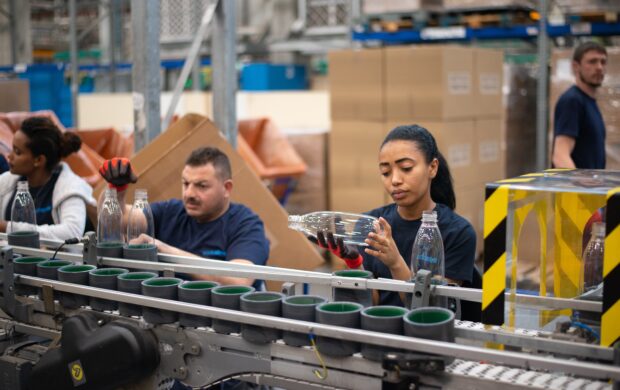82% of the wealth generated globally in 2017 went to the richest 1%, while half the population still live on less than $5.50 per day. Across much of the world, the gap between rich and poor and across generational, racial and class lines is widening.
In disproportionately impacting the poor, the climate crisis is compounding the problem. The UN has warned that climate change threatens to undo much of the progress made in development over the last 50 years and create a world in which the rich alone are able to buy their way out of rising heat and hunger.
“While we are all floating on the same sea, it’s clear that some are in superyachts, while others are clinging to the drifting debris.”
António Guterres UN Secretary-General
Add to this, COVID-19 continues to sharpen deep, systemic and long-standing inequalities. We face a reckoning on social injustice, but where can we focus efforts to intervene at scale and at pace? Now, as plans evolve for a post-COVID-19 recovery, we need to ensure that relief and stimulus packages address the roots of both social inequality and the ecological crisis – otherwise these risk compounding both.
The need to ramp up our focus on addressing inequality will only increase in the coming decade.
Among the most urgent tasks is the need to effect a ‘just transition’ away from a high-carbon, fossil-fuelled economy to a circular one powered by renewables. But it isn’t simply about energy and jobs; a just transition means tackling, rather than compounding, injustice and inequality.If not, it will be both a moral and a practical failure.
This coming decade will also see an important demographic transition. By 2025, 75% of the working population globally will be millennials and members of their successor generation, the so-called Gen Z. These are also the people who will still be alive towards the end of the century, living with the long-term consequences of our collective actions. Many are asking fundamental questions about the wisdom of discounting future generations for short-term gains. This has created fertile ground for a significant values shift, away from the current economic model, and towards a distributive one that has the principles of social equity and a ‘just transition’ to a zero-carbon future at its heart.
Key to all this is decentralising power, enabling wider participation and thus deepening democracy.. t is incumbent on those who currently hold power and influence to start thinking intergenerationally, and bringing young people into the decision-making that will affect their future.
Questions to hold
- Are we on the verge of a breaking point – or can we use this shock as a tipping point for change?
- How can we ensure a just transition to the future we want?
Actions to take:
- Tackle inequality and actively ensure voices of marginalised communities are central to all transitions







Join discussion